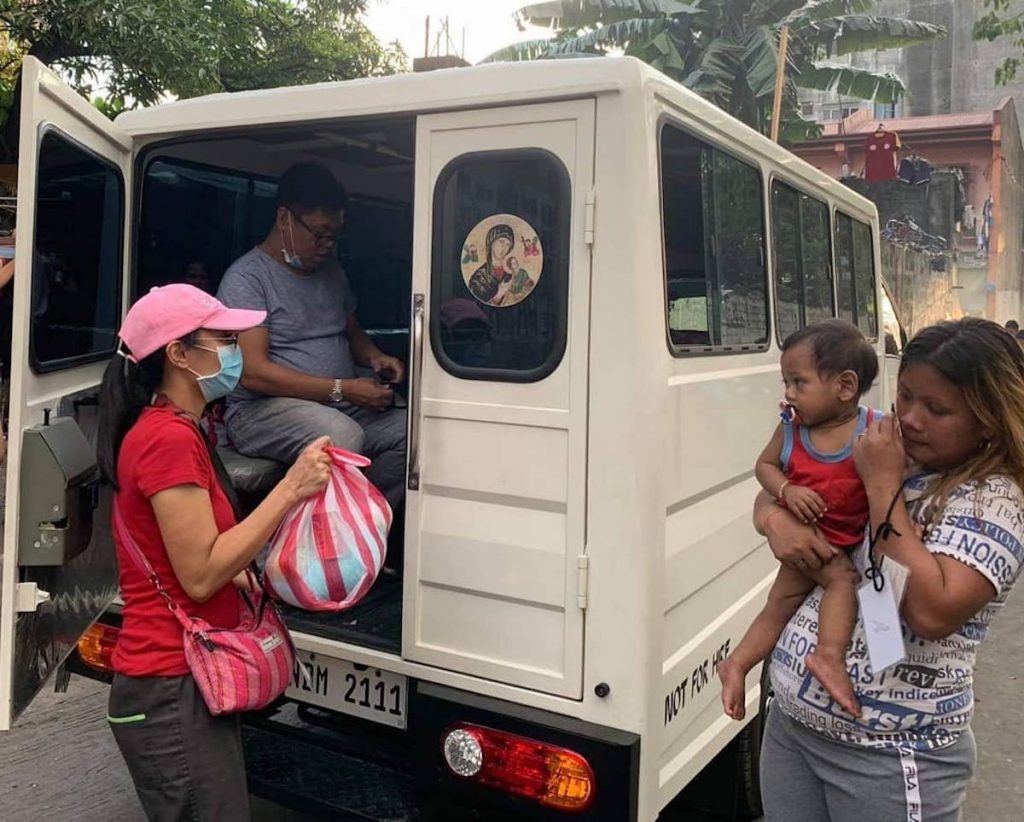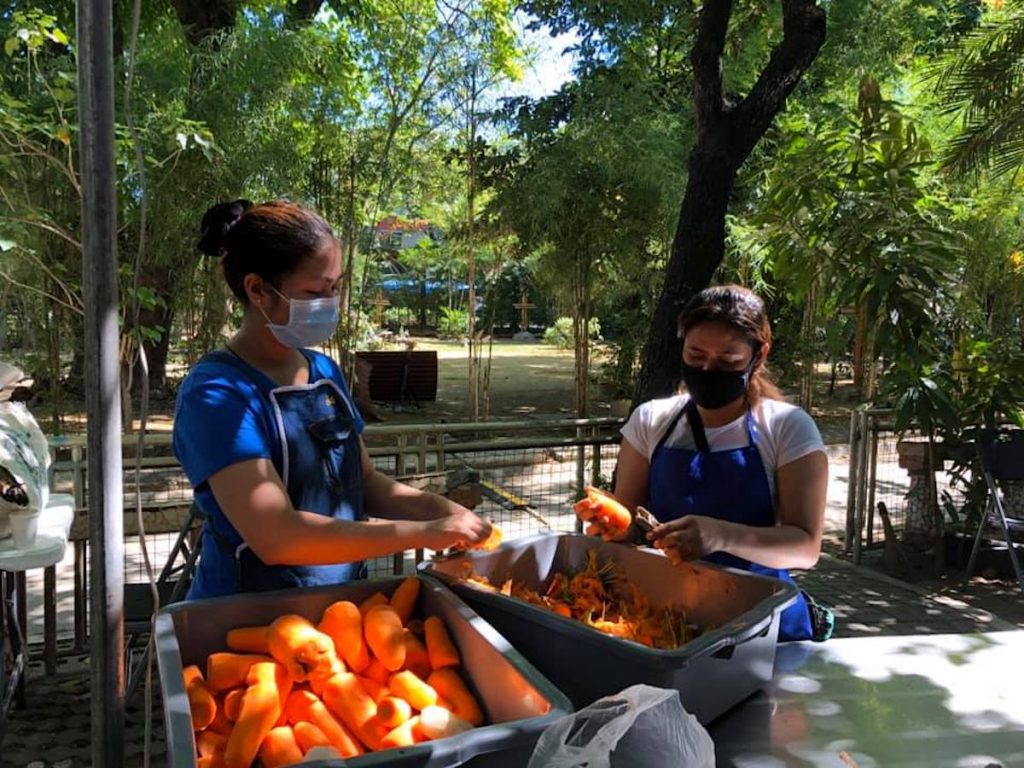For at least a month, Catholics in the Philippines will have to adjust to restrictions on mobility as the national government imposes drastic moves to contain the spread of the new coronavirus pandemic.
The Church has no choice but to conform to the guidelines on community quarantine that the administration of President Rodrigo Duterte has declared. Similar declarations have been issued by local government units throughout the country as part of a nationwide effort to minimize the health risk from the new coronavirus.
Catholic dioceses in Metro Manila have suspended the holding of Masses, weddings, baptisms, and other religious activities for the duration of the month-long public health emergency.
Even the “Pahalik” of the image of the Black Nazarene at the Quiapo Church in Manila, where devotees are allowed to touch or kiss the statue, has been suspended indefinitely.
Bishop Broderick Pabillo, apostolic administrator of Manila, has urged Catholics to pray the “Oratio Imperata” against the virus every 8 p.m., to be followed by praying the rosary and reading the Bible.
“The fervent prayers of all the people of God will draw us closer to him and away from the scourge of this disease,” Bishop Pabillo said.


Nevertheless, churches in Manila will remain open “so that people may come and find solace in silent prayer,” he said.
The Cubao and Pasig dioceses have also suspended the holding of Masses “until further notice.”
The Diocese of Legazpi in Albay and Virac in Catanduanes likewise decided to indefinitely suspend all Masses on March 14 as a precautionary measure against the new coronavirus.
Bishop Joel Baylon of Legazpi said the suspension of Masses in all parishes of Albay was a preemptive measure against the outbreak. The prelate then called on Catholics to listen to Mass on the radio or TV.
Father Joseph Salando of Legazpi also said that all religious events in connection with the upcoming Holy Week, particularly the holding of processions on Palm Sunday, Good Friday, and Easter Sunday, are canceled.
What else should the Church do?
The Church should be a voice of moderation in these uncertain times and urge Catholics not to panic, as this could exacerbate an already tense situation.
The Church could play its part in assisting public health authorities in disseminating timely information to help deal with the new coronavirus pandemic.
Beyond that, the Church should mobilize its social action centers to assist the poorest of the poor and the homeless affected by community quarantines and curfews imposed by authorities.


The various dioceses may have to ask for donations from generous individuals and organizations to fund these efforts.
The assistance can come in the form of soup kitchens and free meals for those who are unable to work and cannot meet their basic needs.
Ensuring that the faithful can still go to church to seek divine guidance through prayer and meditation while at the same time extending concrete help to those in need would make the Church truly relevant and responsive as the country grapples with the outbreak.
In an open letter to the people of northern Italy expressing his prayer and closeness to all those suffering as result of the coronavirus, Pope Francis described “this dangerous situation” as “an opportunity to see what men and women of good will are capable of.”
Good will, “combined with a strong sense of responsibility and cooperation with the appropriate authorities, becomes an added value that the world sorely needs,” he wrote.
That is wise counsel, not only for the Church, which is adapting to a life-and-death situation amid the rampage of global pandemic, but also for all those putting themselves at grave risk to contain its spread.
Ernesto M. Hilario writes on political and social justice issues for various publications in the Philippines. The views and opinions expressed in this article are those of the author and do not necessarily reflect the official editorial position of LiCAS.news.


